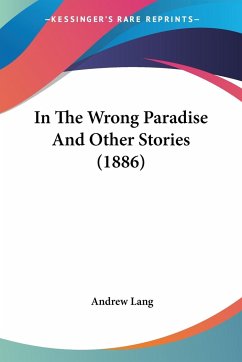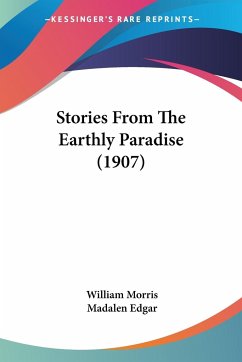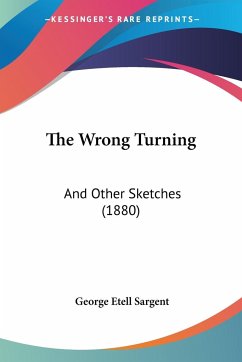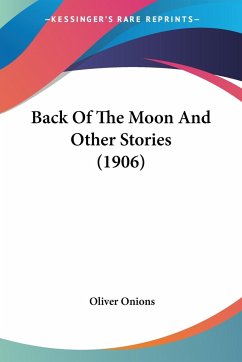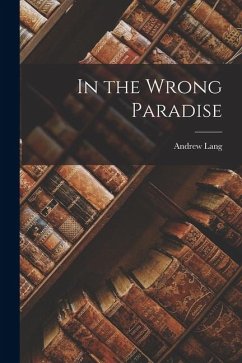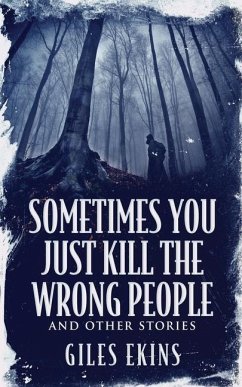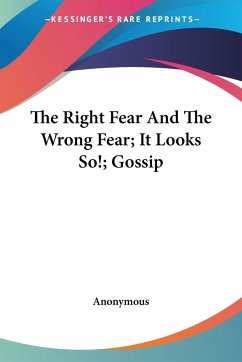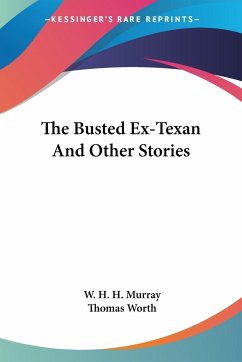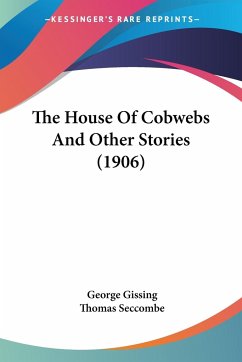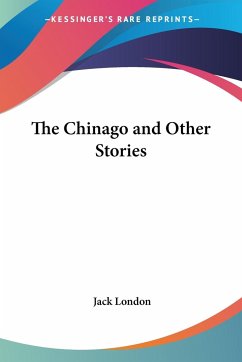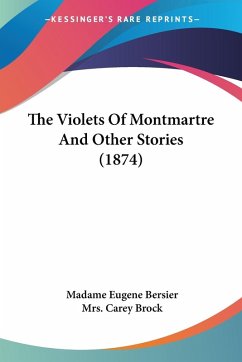Andrew Lang, born on 31 March 1844 in Selkirk, Scotland, was a multifaceted scholar renowned for his contributions to literature and anthropology. Educated at the University of St Andrews and Balliol College, Oxford, he excelled in classical studies and developed a profound interest in folklore and mythology. In 1875, he married Leonora Blanche Alleyne, who played a significant role in his fairy tale collections.Throughout his career, Lang was a prolific writer, producing works that spanned poetry, novels, literary criticism, and anthropological studies. He is perhaps best remembered for his Fairy Books, a series of twelve collections of fairy tales from various cultures, beginning with The Blue Fairy Book in 1889. These volumes have become classics, enchanting readers with their rich storytelling and diverse narratives.In addition to his literary endeavors, Lang made significant contributions to the study of folklore and anthropology, authoring works such as Custom and Myth (1884) and Myth, Ritual and Religion (1887). His scholarly pursuits extended to psychical research, and he served as president of the Society for Psychical Research in 1911. Lang passed away on 20 July 1912 in Banchory, Aberdeenshire, leaving behind a legacy that continues to influence the fields of literature and anthropology.
